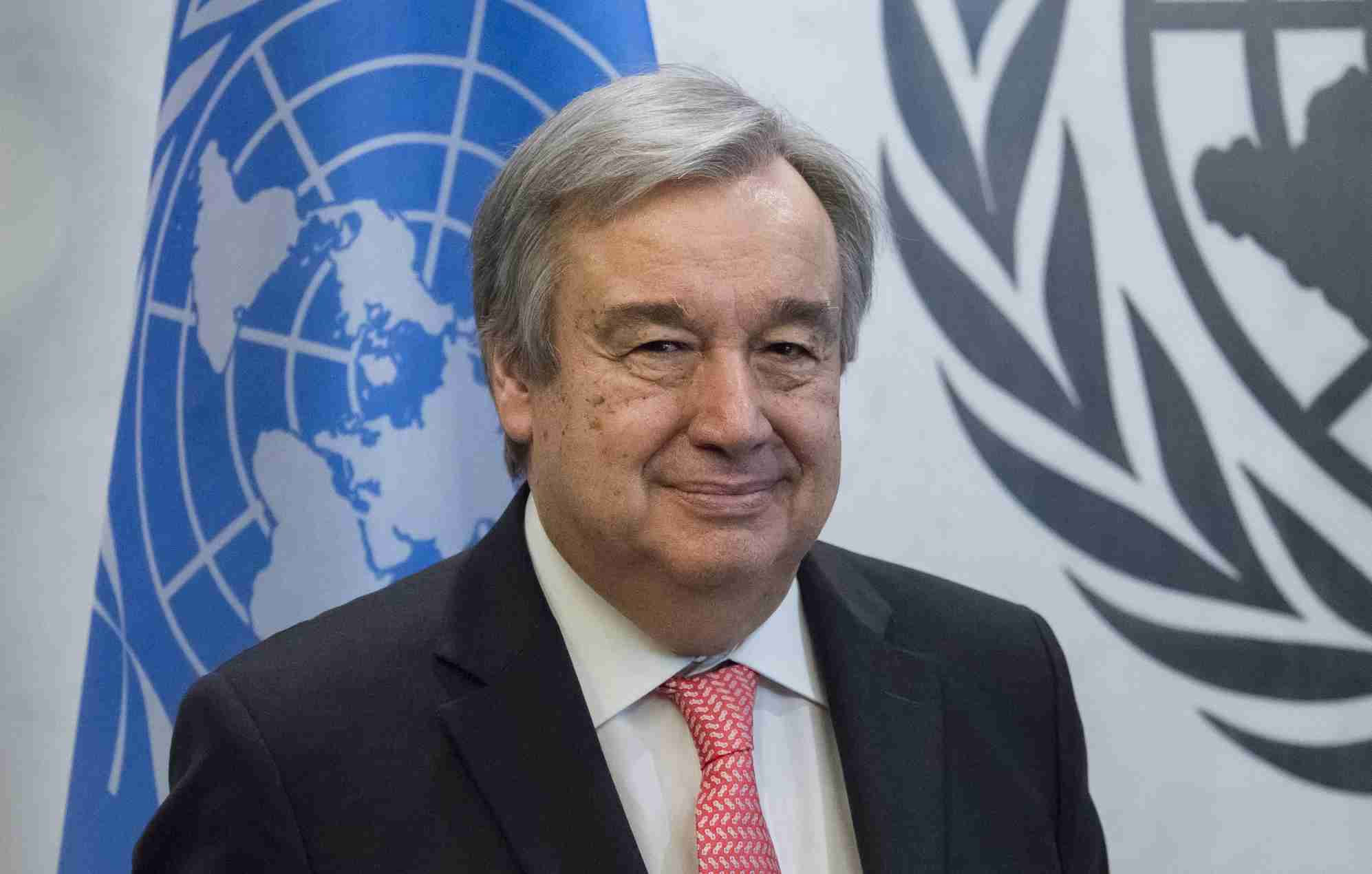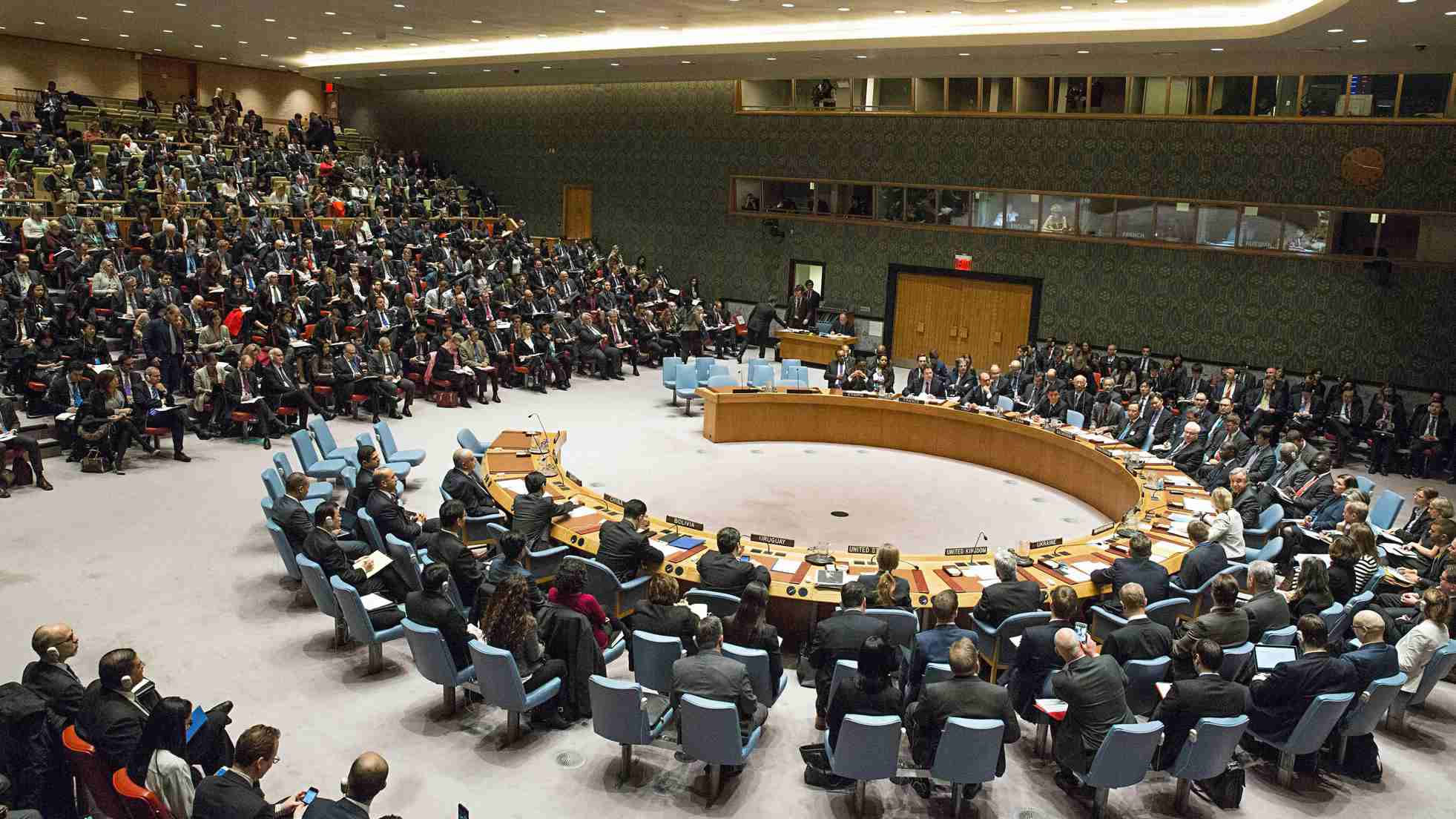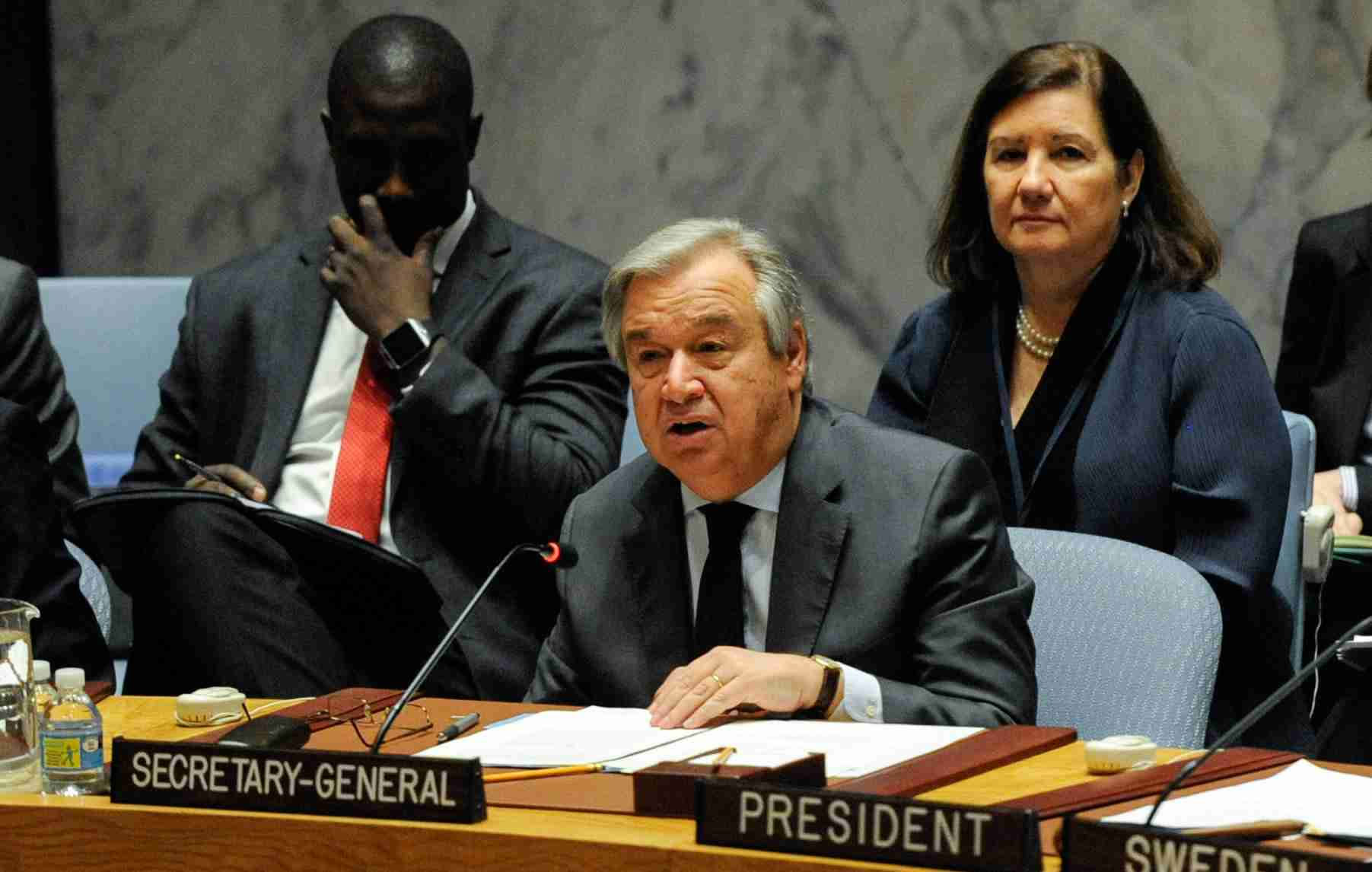Guest commentary by Professor Lei Jianfeng
The international community is looking forward to discovering how the new UN secretary-general, Antonio Guterres, will promote reform of the organization. Not only will Guterres will have to confront the same challenges which former secretary-generals have had to face, but also the inharmonious relationships among the permanent members in the Security Council. The latter is the key for the success of the UN reform.
Guterres will have to conduct his struggles over the UN Secretariat’s independent nature and almost constant restructuring accompanied for the UN reform. At the UN, reform has been a constant refrain. For more than seven decades, one wave of reform efforts has followed another, each crashing into the hard shore of political realities and bureaucratic inertia. These struggles have been primarily political and have often related to disagreements over the direction of the UN, the setting of policy priorities, and the consequent allocation of resources.

UN Secretary General Antonio Guterres. /CFP Photo
UN reform can be divided into political reform and administrative reform. The first category relates to modifications to the Charter of the United Nations, such as reform of the Security Council, Economic and Social Council, Trusteeship Council and the reform of other problems and clauses in the charter.
The second type of reform involves streamlining and shortening the duration of sessions and reducing the budget spending. The UN, however, is not above its members and has higher authority - and its authority is the delegation from its members, especially from the great powers’ support.

A UN Security Council ministerial-level open debate is held on January 10, 2017. /CFP Photo
We can compare the relationship of the UN General Assembly and the Security Council with a company general meeting of shareholders and its board of directors. The secretary-general of the UN is similar to the manager of the company and he has political and administrative functions, but the division of the two functions is not clear. So the five permanent members of the Security Council can look at the administrative problems as political reform and block the related reforms. Even the secretary-general of the UN is the result of compromise of the five permanent members of the Security Council. The power of the secretary-general is too limited and it is the dilemma of the reform.

A UN Security Council ministerial-level open debate is held on January 10, 2017. /CFP Photo
Following this logic, the relations among great powers are not harmonious as Guterres takes office. So, this fact will increase the difficulties of getting support from great powers. Up to now, the G7 has imposed economic sanctions against Russia for more than two years as a result of the Ukraine problem and there are serious conflicts between the United States and Russia. As for the Sino-US relationship, the South China Sea is becoming the potential conflict area. In a word, the new secretary-general will confront more difficulties and challenges for the reform of the UN. Even if we can’t expect that the reform will fail inevitably, we maybe can say it will be more difficult.
(Lei Jianfeng, Professor at China Foreign Affairs University. The article reflects the author's opinion, and does not necessarily represent the view of CGTN.)









